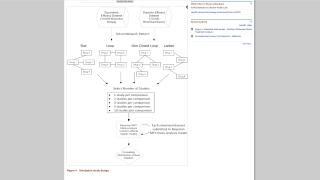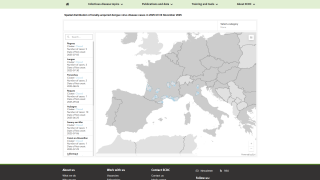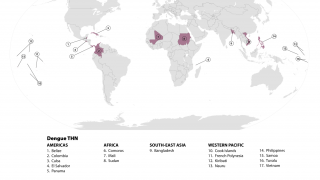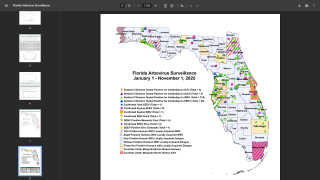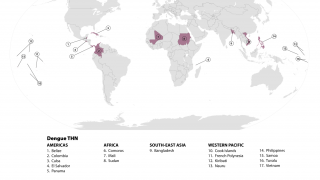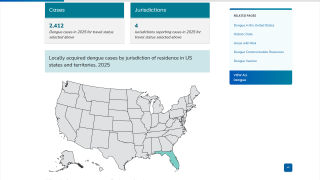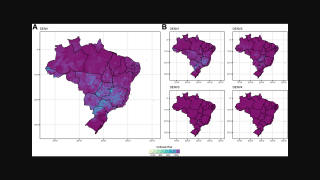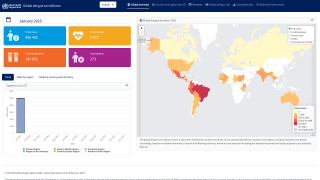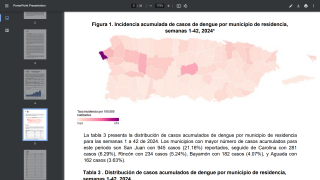DENV-3 Risk in the Americas Increases
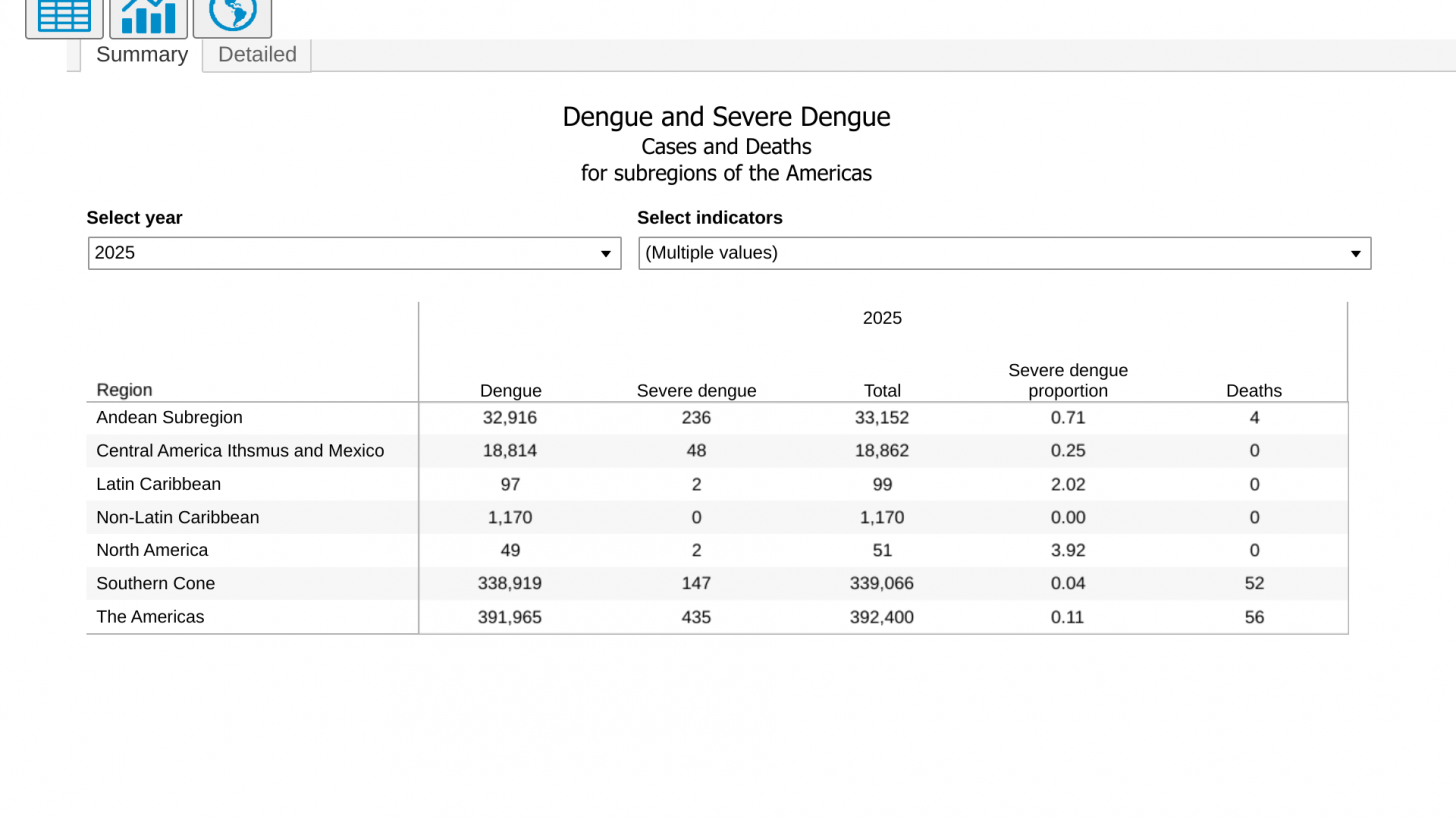
Following the unexpected dengue virus surge in 2024, the Pan American Health Organization / World Health Organization (PAHO/WHO) issued an Epidemiological Alert today focusing on the risk of dengue outbreaks this year.
These health agencies stated on February 7, 2025, that the magnitude of dengue outbreaks is usually associated with the introduction or increase in circulation of one of dengue's four serotypes other than the one that previously predominated in an affected region.
Given the risk of an increase in the circulation of DENV-3 in the southern hemisphere of the Region of the Americas in 2025, the PAHO/WHO) urges Member States to prepare for a possible increase in cases.
As of February 8, 2025, the PAHO reported 292,400 dengue cases and 56 related fatalities in 23 countries.
In 2024, 50 countries and territories reported 13,027,747 cases, 8,186 of which were fatal (the case fatality rate was 0.063%).
In the United States, 53 jurisdictions reported 9,391 dengue cases in 2024.
A significant number of these cases were DENV-3.
In 1994, the DENV-3 serotype was reintroduced to the Americas after a 16-year absence.
Initially, DENV-3 spread throughout the Central American Isthmus and Mexico subregion and reached Puerto Rico, other Caribbean islands, and South America.
In 2000, DENV-3 was detected in Rio de Janeiro, Brazil, causing a large-scale outbreak that lasted three years. DENV-3 was linked to fatal cases.
In Costa Rica, in 2022, this serotype represented 0.18% of the total serotyped samples, a percentage that increased to 25% during 2023. During 2024, DENV-3 was the predominant serotype in the country, with 56% of the total serotyped samples.
In Florida, most of last year's locally acquired and travel-related dengue cases were serotyped as DENV-3 and 4.
As of the end of 2024, the Texas Department of State Health Services reported (143) imported dengue cases led by Travis (18) and Dallas (19), one local case in Cameron County, but did not disclose the virus types.
The PAHO/WHO wrote, 'The reappearance of a serotype that did not circulate in the last decade, such as DENV-3, combined with the increase in the susceptible population, not only increases the probability of severe cases of dengue but could also cause epidemics that overload health services, exceeding their capacity to respond.'
Furthermore, the Region should be aware of co-infections with other arbovirus cases, such as chikungunya and Zika, to prevent severe cases and deaths associated with these three diseases.
As of February 8, 2025, an enhanced, second-generation dengue vaccine was authorized in 40 countries and available in 27, but not in the U.S. And a third-generation vaccine focused on all four dengue viruses is conducting late-stage research in Brazil.
However, other travel vaccines, such as chikungunya, polio, and measles, are available at clinics and pharmacies.
Our Trust Standards: Medical Advisory Committee



